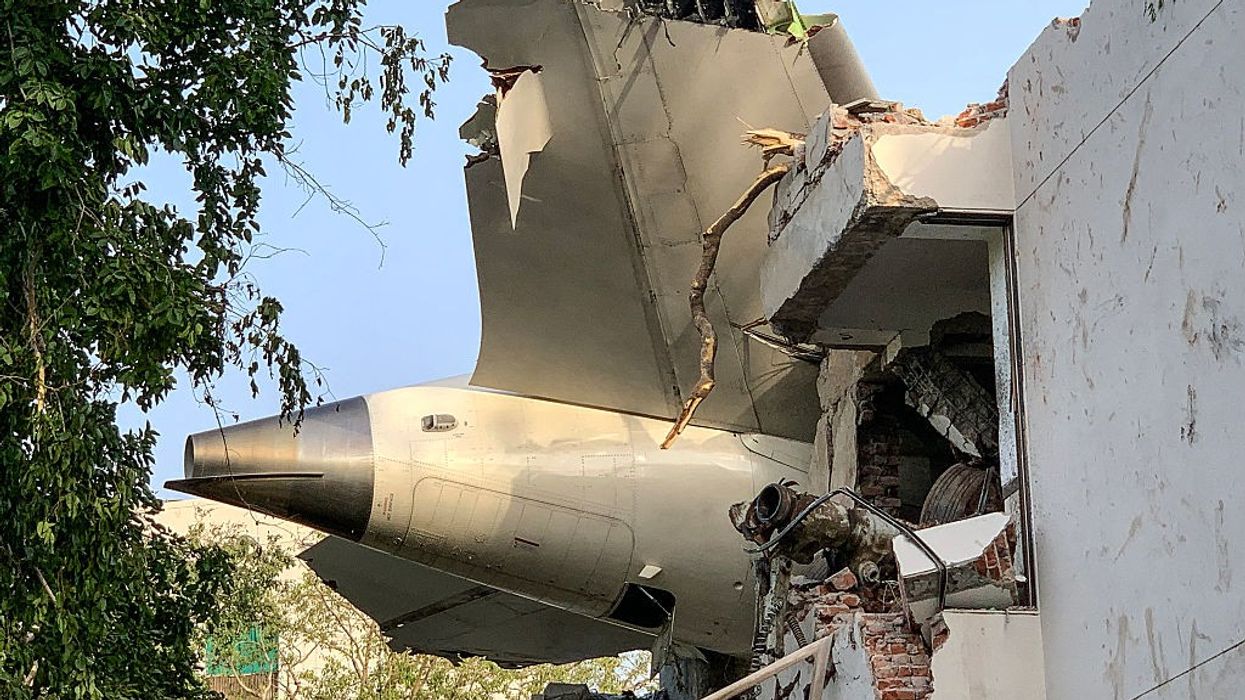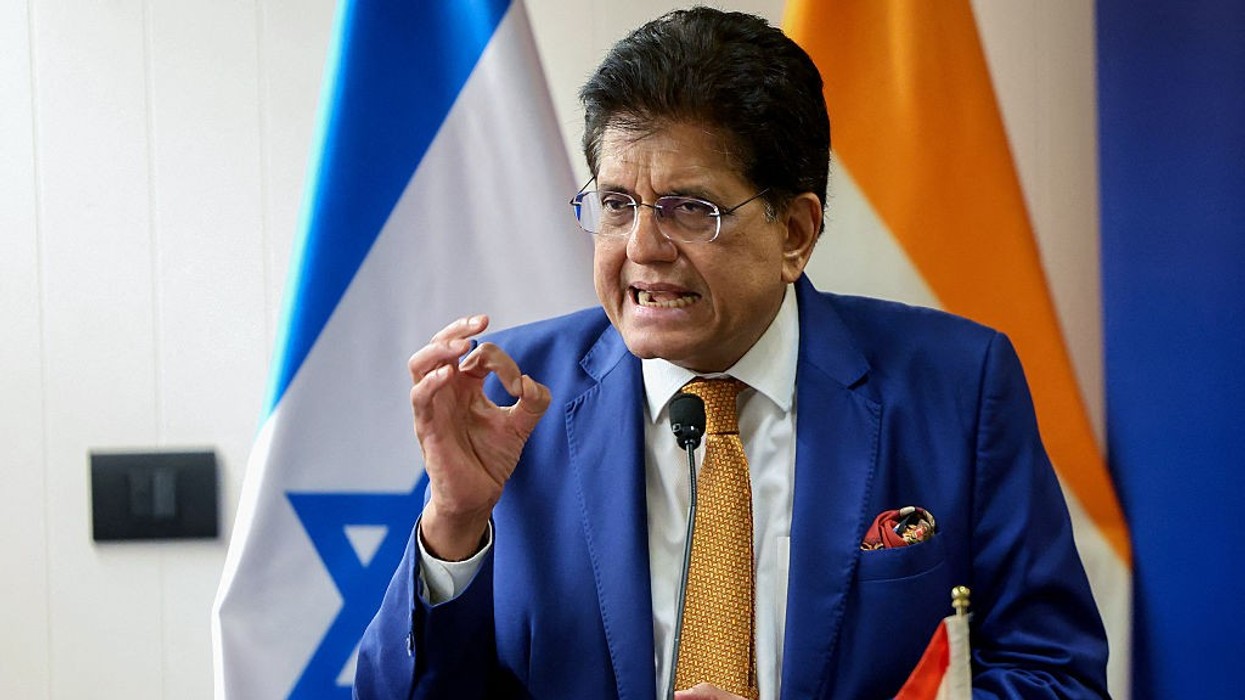The Aircraft Accident Investigation Bureau (AAIB) of India has issued a sharp rebuke to sections of the international media for circulating "unverified and premature" narratives about the recent Air India flight AI 171 crash in Ahmedabad. In his first public statement since the June 12 tragedy, GVG Yugandhar, Director General of the AAIB, urged the public and media to allow the investigation to take its course without speculation that could undermine its integrity.
Preliminary Report: Fuel Cutoff Moments After Take-off
The AAIB released its preliminary investigation report a month after the deadly crash, revealing that both engines of the Air India Boeing 787-8 aircraft experienced fuel starvation shortly after take-off.
According to the report, the fuel control switches for both engines transitioned from ‘RUN’ to ‘CUTOFF’ mode within just a second of each other, moments after the aircraft became airborne. This abrupt transition led to a complete loss of engine power, resulting in the fatal crash.
The cockpit voice recorder (CVR) captured one pilot asking the other, “Why did you cut off the fuel?”—to which the second responded, “I didn’t.” The CVR exchange has raised questions but, crucially, the report avoids assigning blame, stating that the switches "transitioned" — a neutral term that does not clarify whether they were manually activated or triggered by a system fault.
Media Speculation Sparks Response
Yugandhar expressed concern that reports, particularly from certain US-based media outlets, are jumping to conclusions, including suggestions that the disaster might have been caused by deliberate pilot action. “While the accident of this dimension has drawn public attention and shock, it needs to be appreciated that this is not the time to create public anxiety or angst regarding Indian aviation safety, especially based on unfounded facts,” he stated.
He added that the AAIB report aims only to clarify what happened — not why it happened. Determining the root causes is the purpose of the final investigation report, which will follow after a thorough probe. “At this stage, it is too early to reach definite conclusions. The investigation is not complete,” Yugandhar said.
A Call for Responsible Coverage
Reiterating the need for sensitivity, especially given the scale of the tragedy — 241 passengers and crew members and 19 people on the ground were killed — Yugandhar cautioned the public against trusting incomplete or sensationalized interpretations. “It is essential to respect the loss faced by the families of the deceased. Premature assumptions fuel misinformation and can cause unnecessary distress,” he said.
He assured the public that the investigation is being conducted in a “rigorous and professional manner”, adhering to both Indian regulations and global aviation protocols. The Bureau also confirmed it will provide public updates “as and when required” to maintain transparency with developments of technical and public interest.
Investigation: Human Error or Technical Fault?
Experts agree that the current report raises more questions than it answers. Investigators are now focused on determining why the fuel control switches transitioned unexpectedly. These switches are critical, as they directly control fuel supply to the aircraft’s engines. Whether the transition was due to human error, system malfunction, software fault, or a deeper mechanical issue remains under scrutiny.
The fact that no safety advisory was issued to other operators of Boeing 787-8 aircraft or to those using GE engines suggests that, at this stage, the AAIB does not suspect a systemic fault within the aircraft model or engine design.
Experts Caution Against Rushed Conclusions
Aviation ministry officials, investigators, and industry insiders have echoed the AAIB's call for patience. Many warned that speculation based solely on early-stage findings could set misleading narratives. The report includes a disclaimer stating that all details presented are based on preliminary evidence and are subject to revision as the investigation progresses.
In summary, the AAIB has taken a firm stance against external interference in its ongoing investigation and affirmed its commitment to delivering a thorough and transparent final report. Investigators now face the crucial task of uncovering the true cause of the worst Indian aviation disaster in four decades, while maintaining the integrity of the investigative process.















